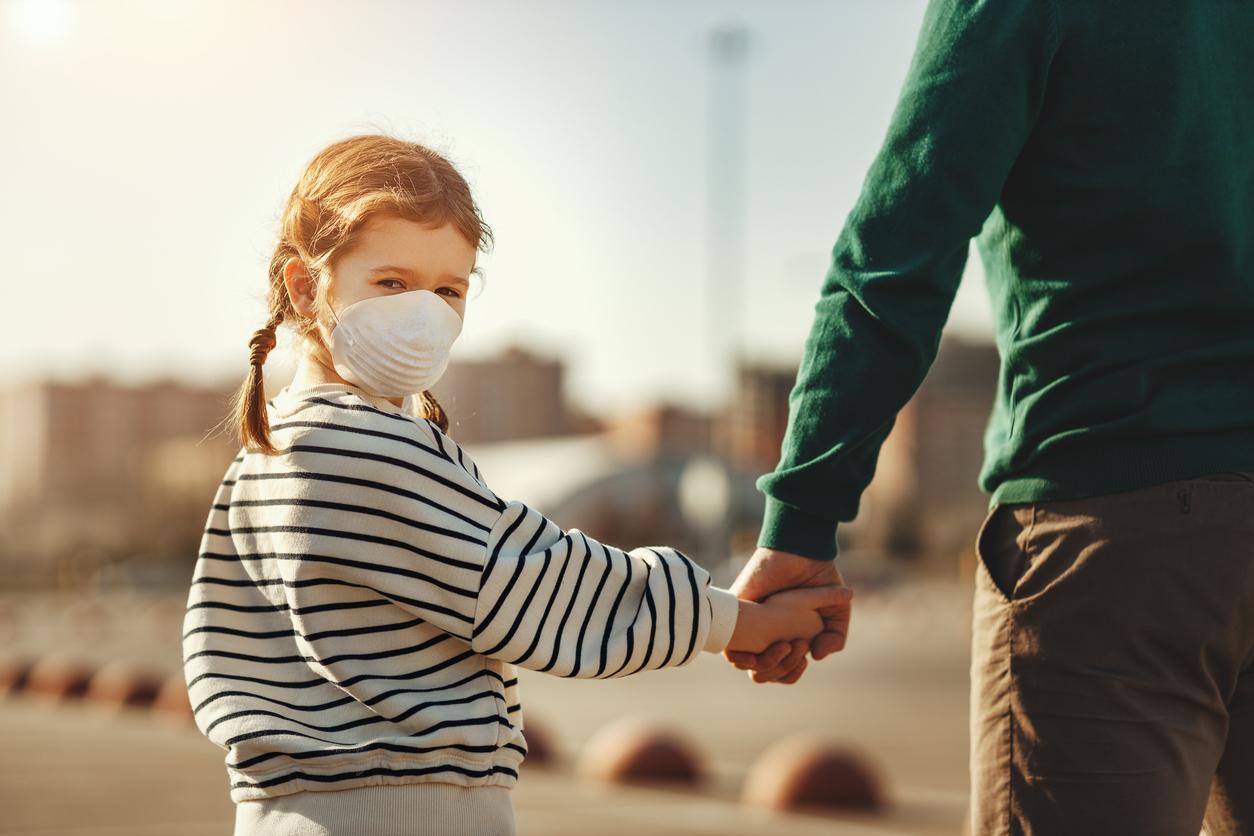Finnish researchers tried to determine to what extent more plant elements in playgrounds could affect children’s immune systems.

- Children who play more outside have a higher ratio of anti-inflammatory immune system proteins.
Published mid-October in the magazine Science Advances, their study was carried out with 75 children in 10 day care centers in two cities in Finland. Half were nature-based daycares, and the other half were standard urban daycares.
The other four so-called “intervention” daycares, which originally had little or no natural elements, were transformed into ecological daycares specifically for the study, in particular by adding forest floors, grass, as well as than planters.
On average, the children spent 90 minutes a day outside of their daycare during the 28 days during which the study took place. At the end of the experiment, the scientists took a skin sample and carried out blood tests from the young participants.
A reinforced anti-inflammatory response thanks to nature
The results showed that the children in the intervention daycare had a higher ratio of anti-inflammatory immune system proteins to pro-inflammatory proteins, which was similar to what was found in children in the natural daycares. , as well as a greater diversity of microorganisms on their skin.
While these early results are encouraging and suggest that modifying children’s environment could be a relatively simple way to boost their immune systems, these experts say more research is needed to understand the long-term health effects. .
.

















